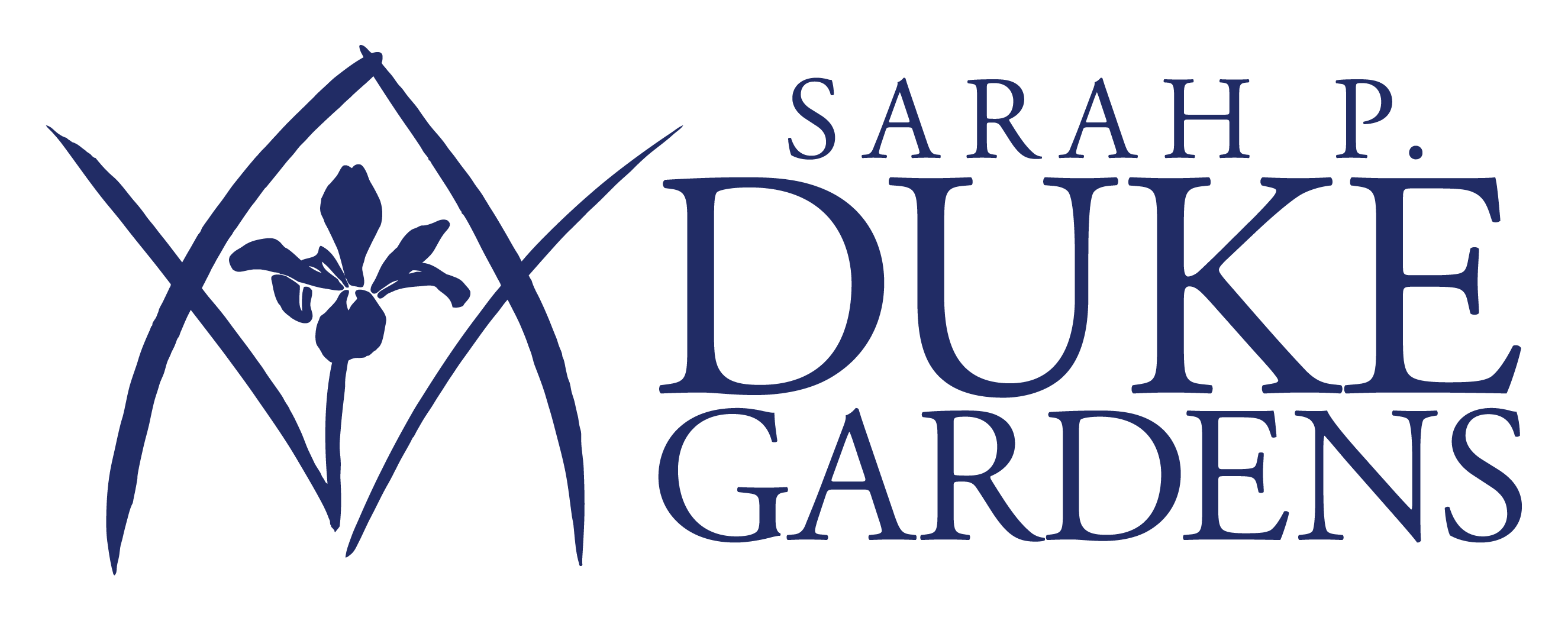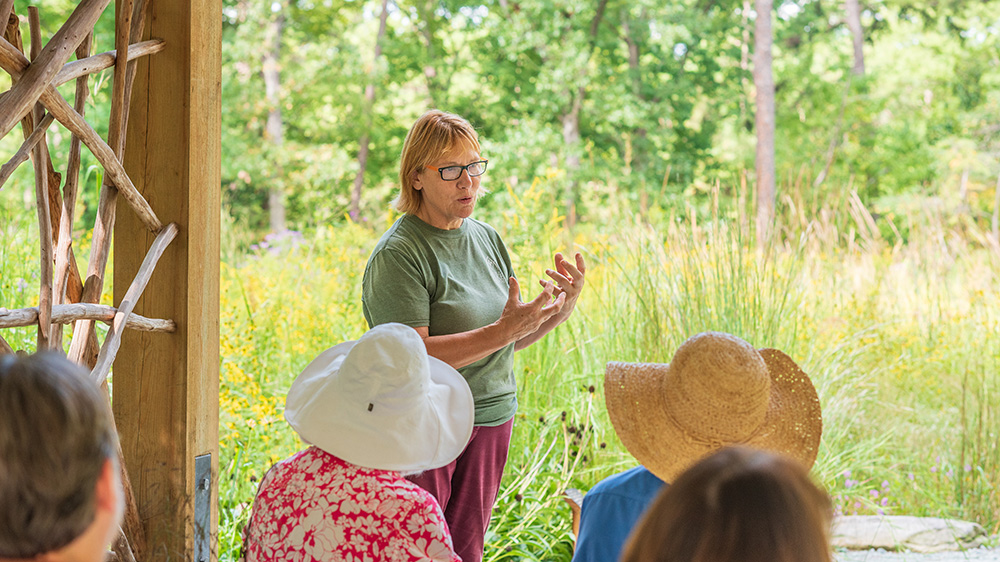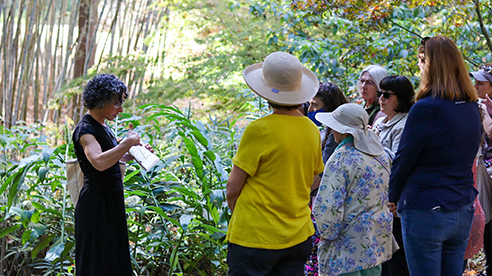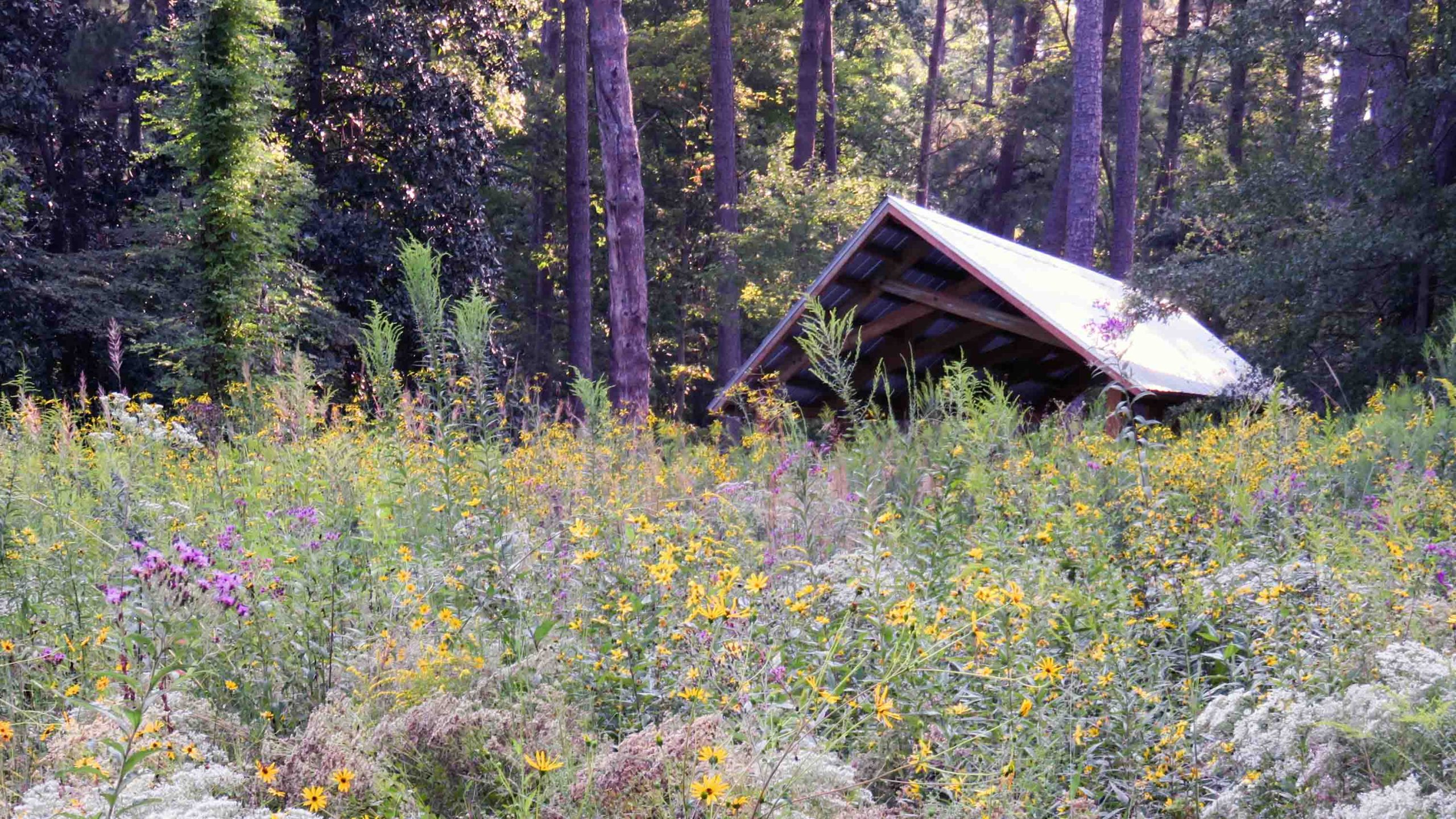During construction of the Garden Gateway (Feb. 2025-spring 2026), the outdoor areas of Duke Gardens will remain open, but the main entrance, visitor center and parking lots are closed. Visitors may enter the Gardens through a temporary pedestrian entrance located at 2000 Lewis St., one block north of the main entrance.
Importantly, there is no visitor parking on Monday through Friday. Parking is available to visitors on weekends only in the Duke University H lot, which is adjacent to the new pedestrian entrance on Lewis St. We encourage visitors to use alternative transportation whenever possible or visit on the weekends when parking is available.
Thank you for your patience and understanding as we work to complete these much-needed upgrades.









